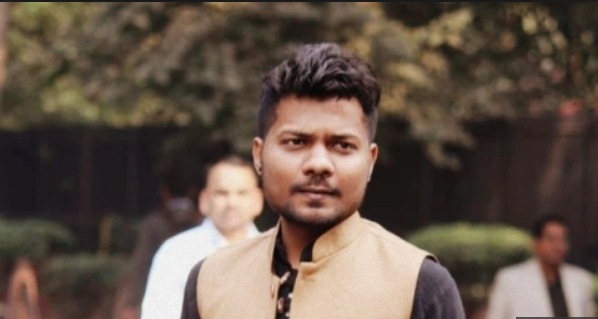
Delhi-based freelance journalist Prashant Kanojia was on Saturday arrested by the Uttar Pradesh police for ‘objectionable’ social media posts related to UP chief minister Yogi Adityanath.
According to a report, an FIR was registered against Kanojia, who was earlier working for news website, The Wire, by a sub-inspector at Hazratganj police station in Lucknow on Friday night. The FIR alleged that the accused made "objectionable comments against the CM and tried to malign his image".
On June 6, the journalist had retweeted a video from a media outfit on his verified Twitter handle which showed a woman professing her love for Adityanath and claiming that since the past one year she was in touch with him state chief minister. The video shows various TV microphones in front of her, indicating she was speaking with the media.
Kanojia, while retweeting the video commented: Love cannot be hidden Yogiji’. Incidentally, news related to the purported video was published by various media outfits.
According to Hindi daily, Dainik Jagran, taking the seriousness of the issue into consideration, a joint team of the state cyber crime cell and Hazratganj Police had left for Delhi to arrest the accused journalist. State officials were tight-lipped on the matter.
When Newsclick spoke to Radha Raan Singh, inspector in the Hazratganj police station in Lucknow, over the phone, he said: “We have been asked not to speak on this issue. We cannot give you any information on this matter.”
Meanwhile, Kanojia’s wife, Jagisha Arora, said: “Prashant had gone out to buy some things. When he did not return after half an hour, I called him. He whispered and told me that two policemen are outside the house and are taking me away in connection with some tweet on Yogi Adityanath. While going, he asked me to inform all the people I knew. After that, he left.”
She further said that when she tried to call his number again, he told her that he was being taken to Lucknow. “ He could speak further as probably the police were not allowing him to do so,” she said.
After the news broke out, several journalists and rights organisations took to social media to air their views about those being an attack on ‘freedom of expression.'




